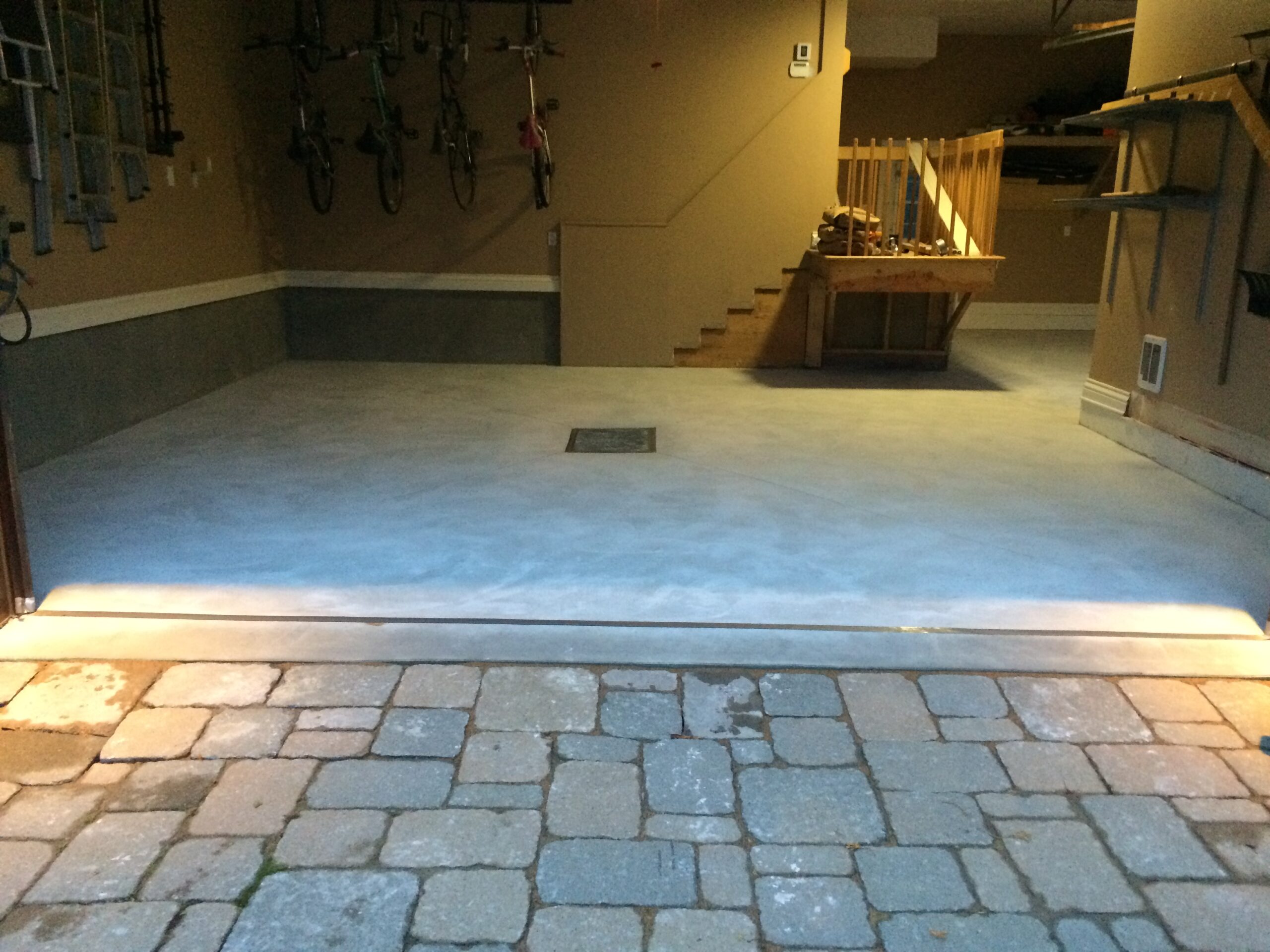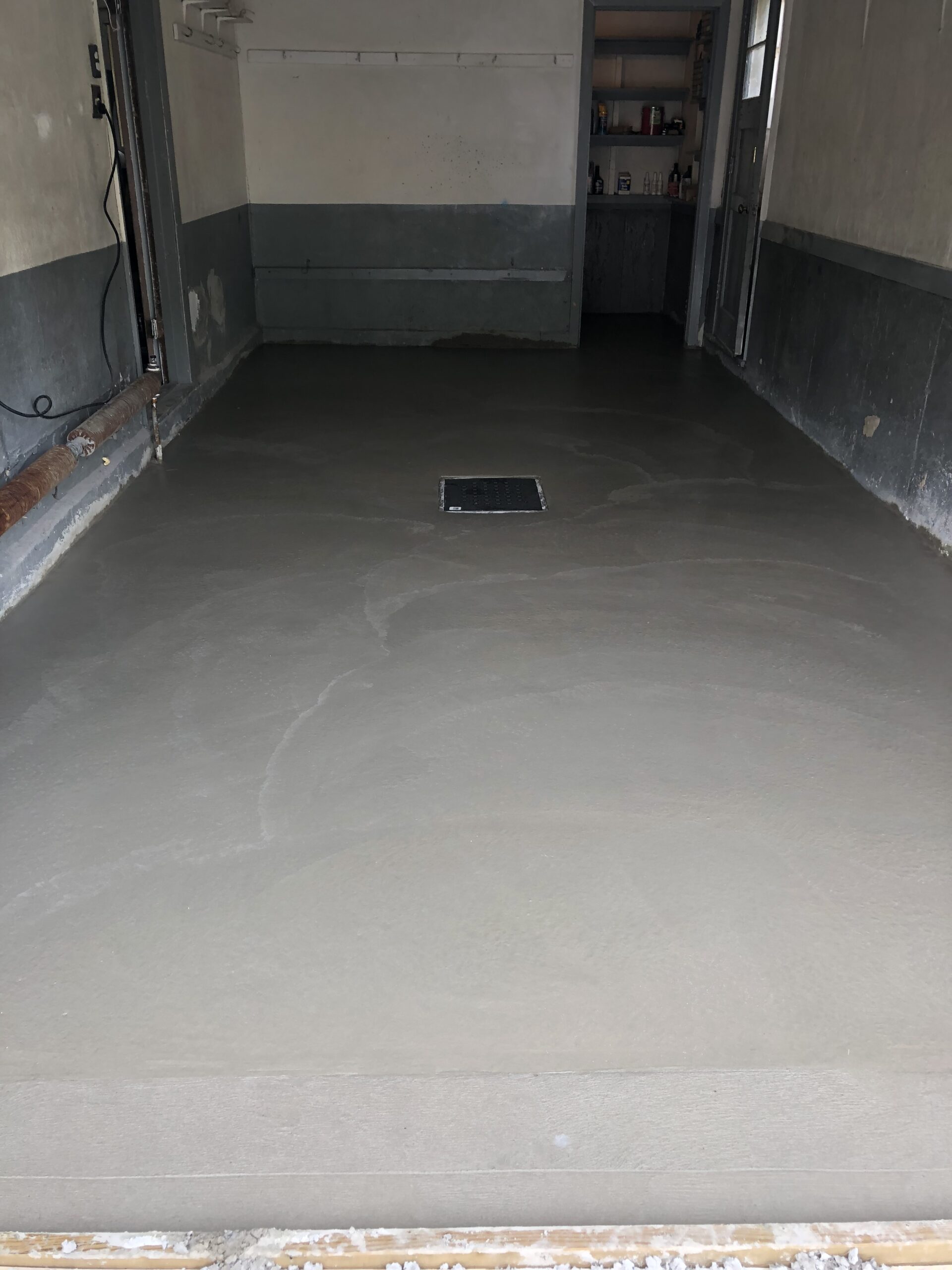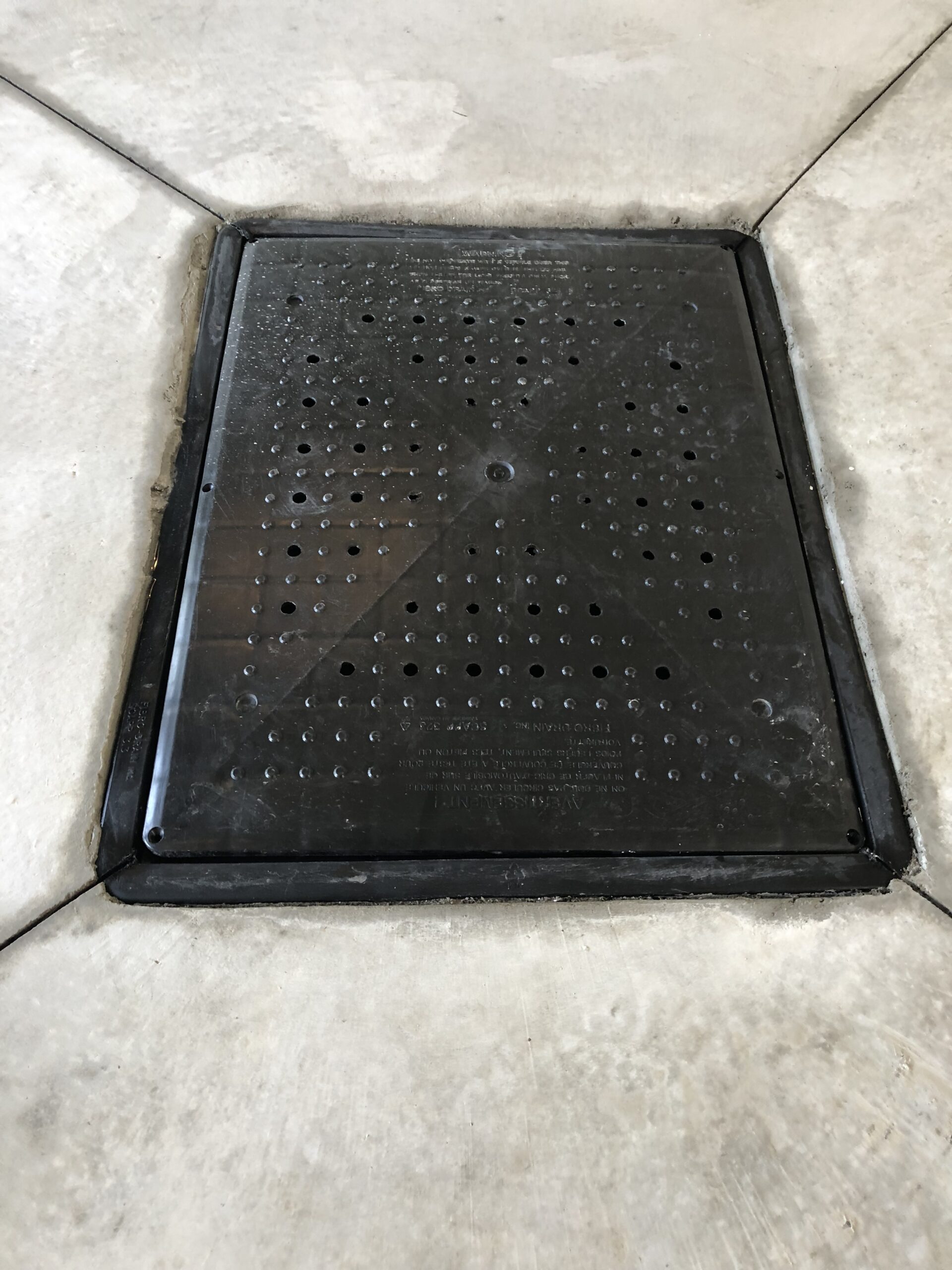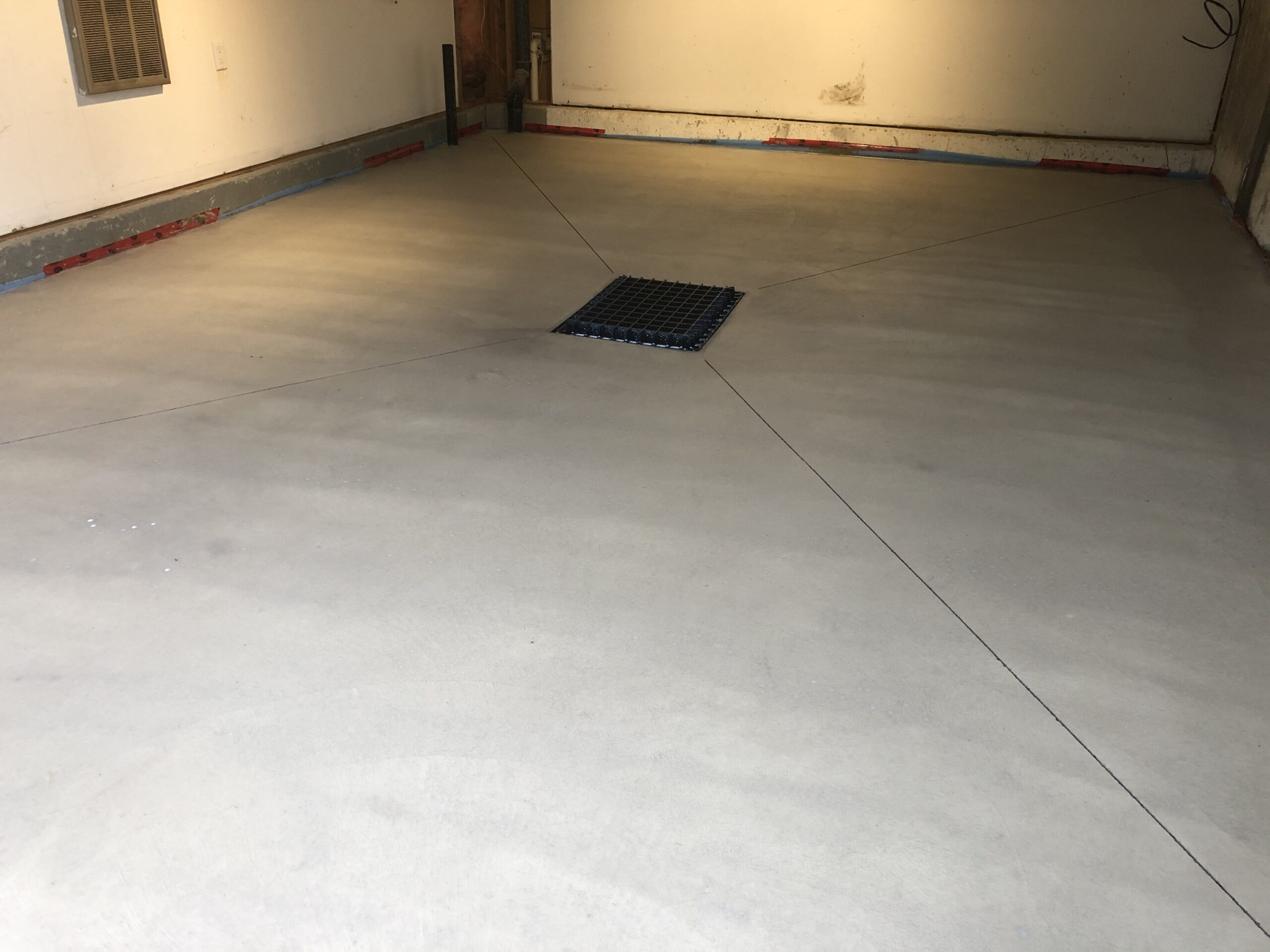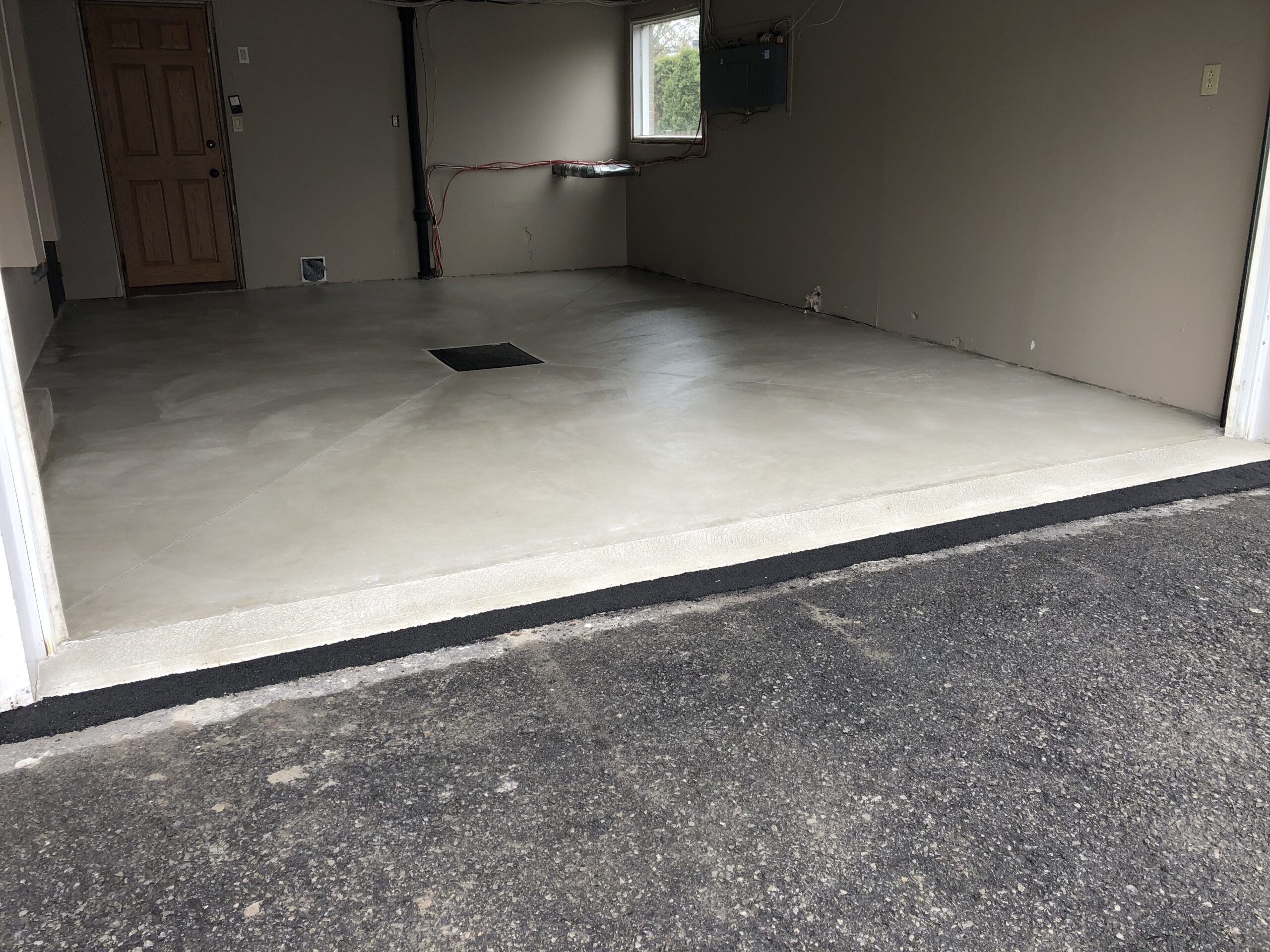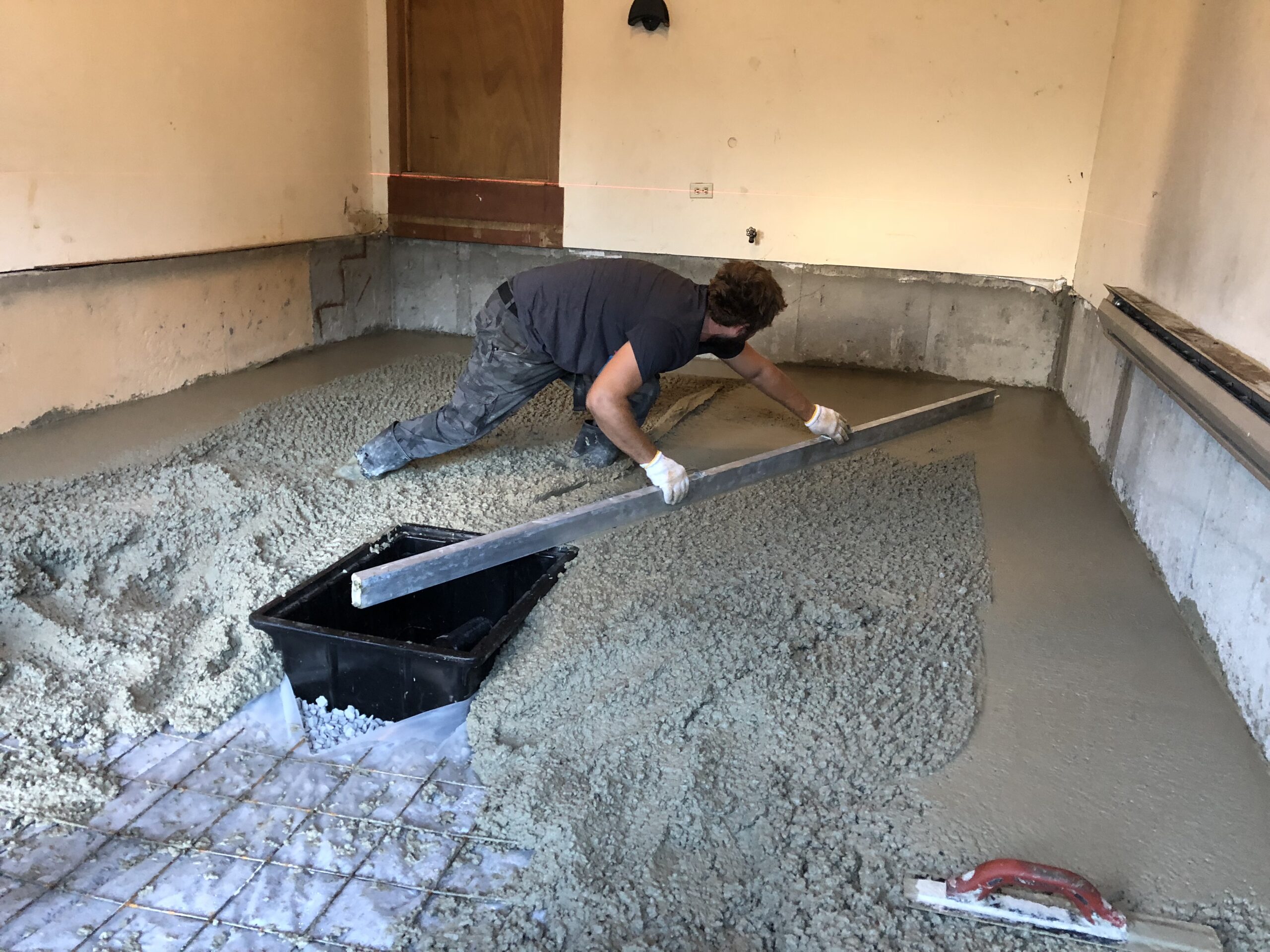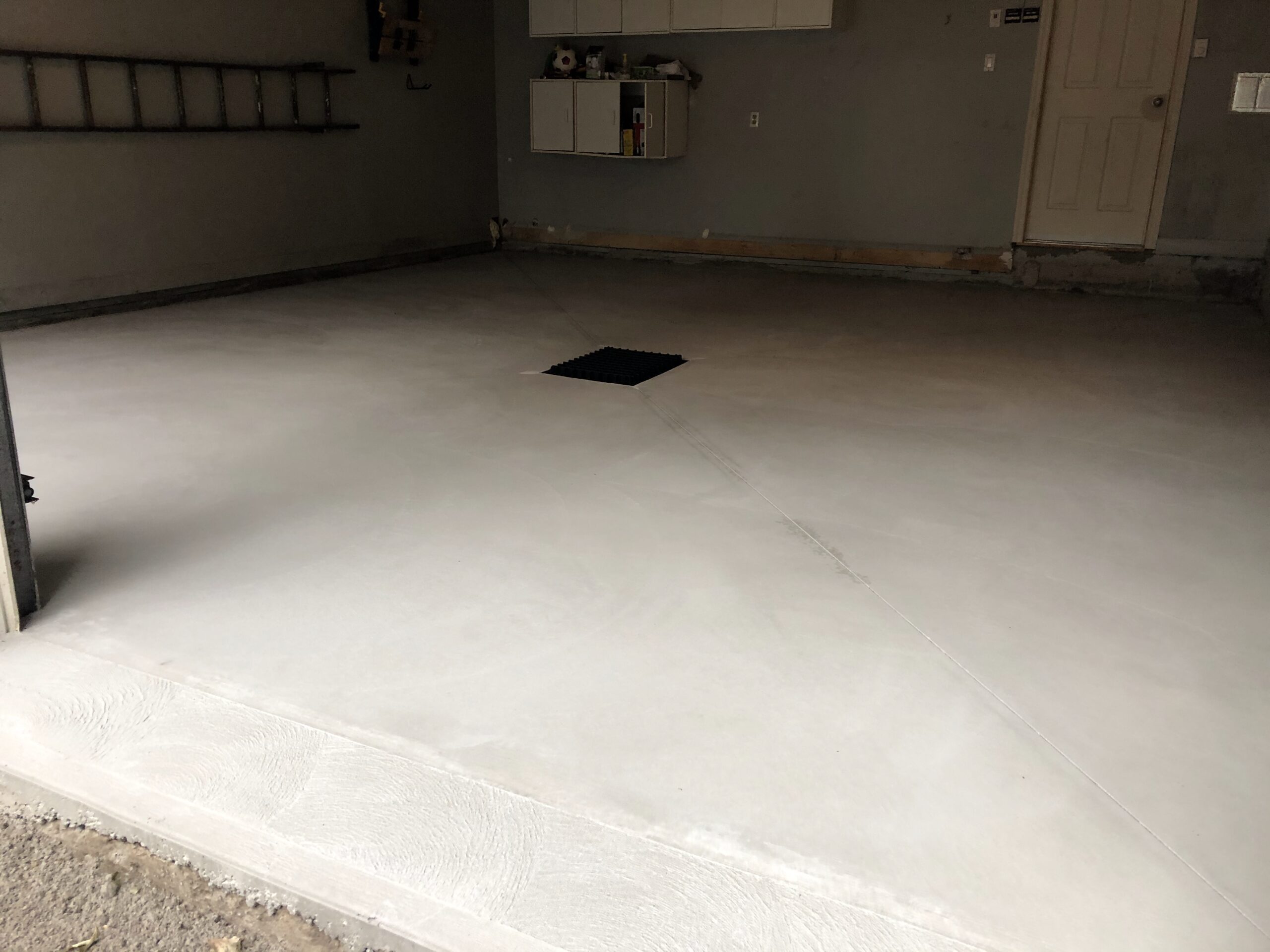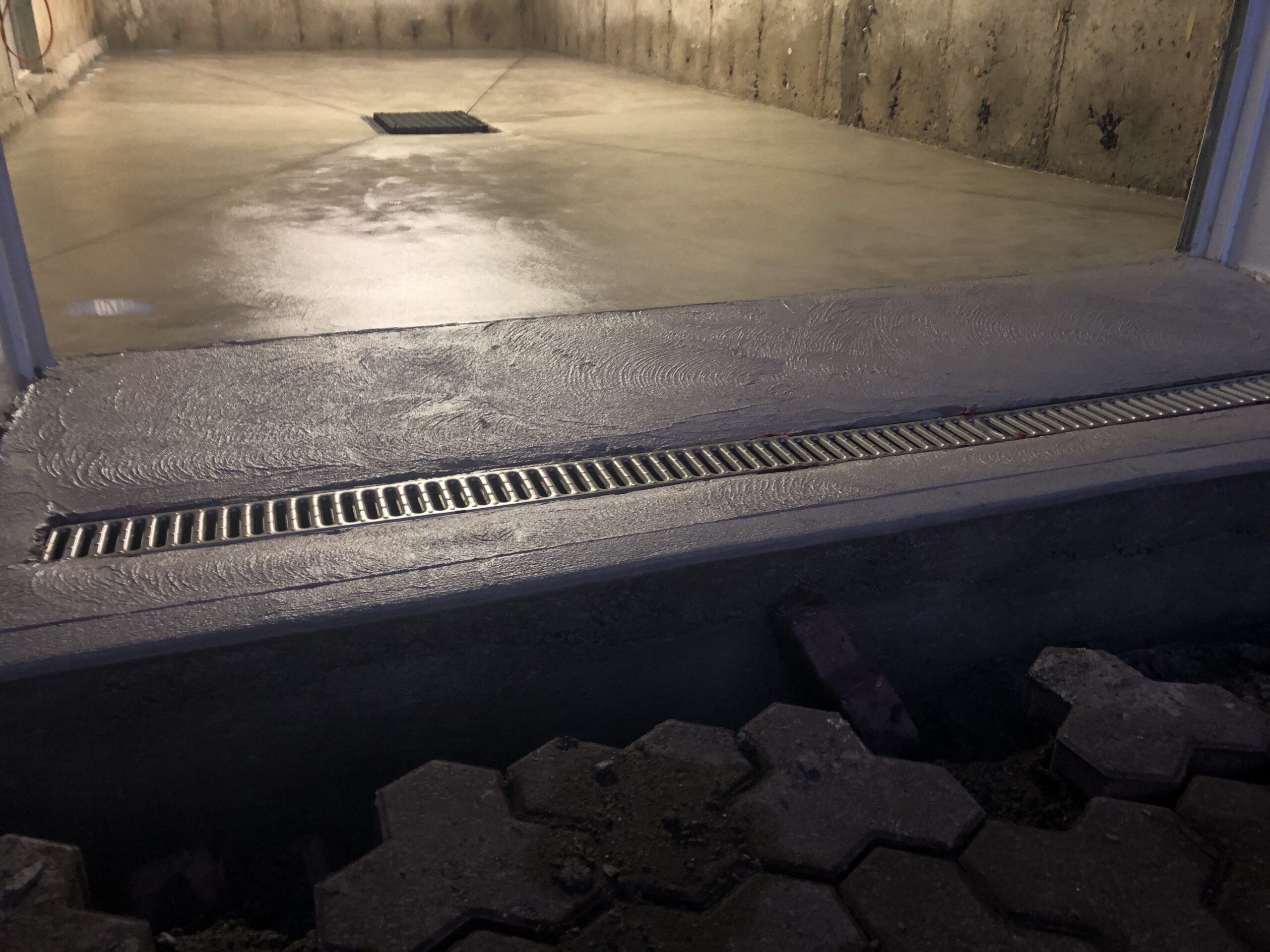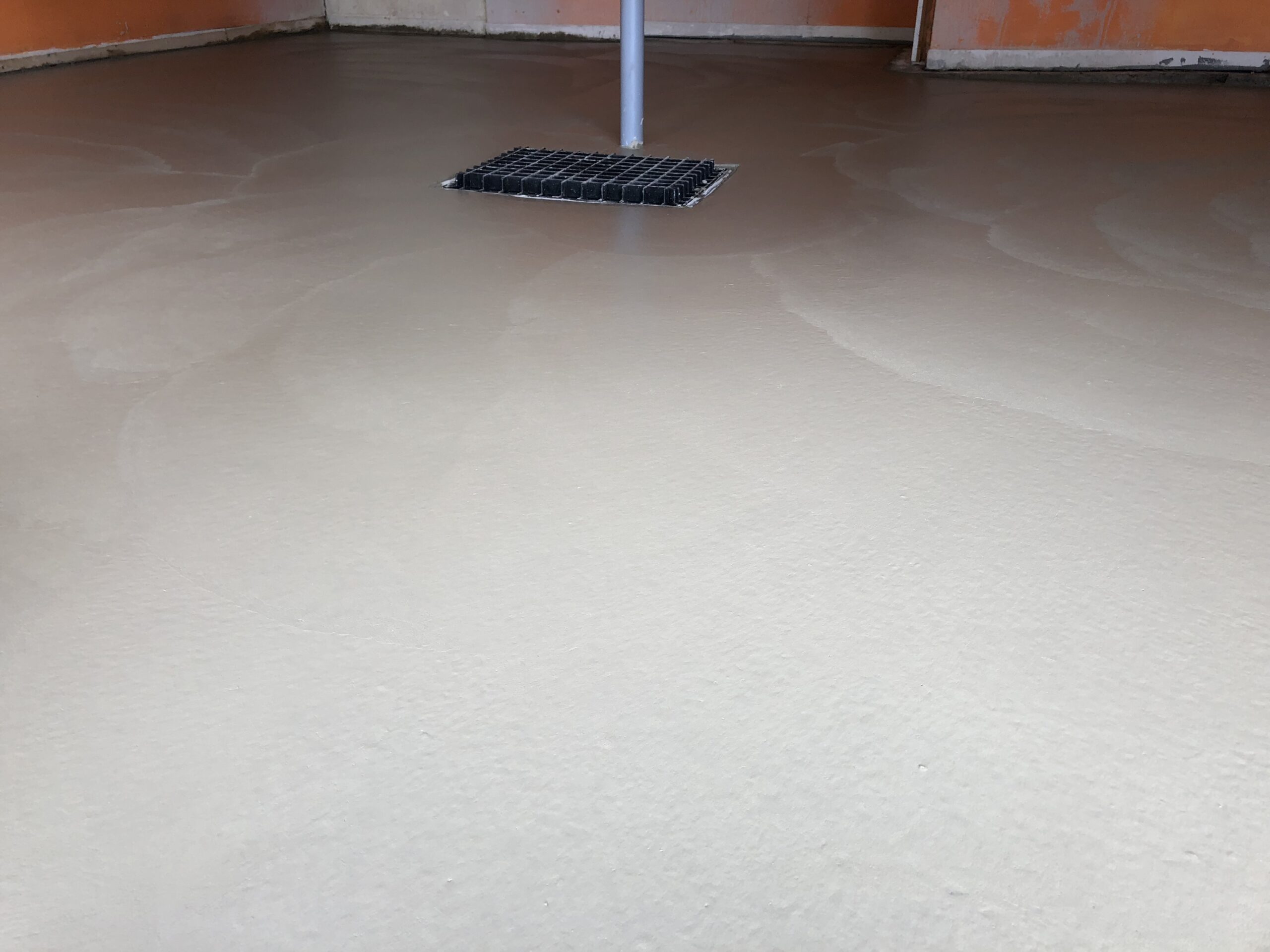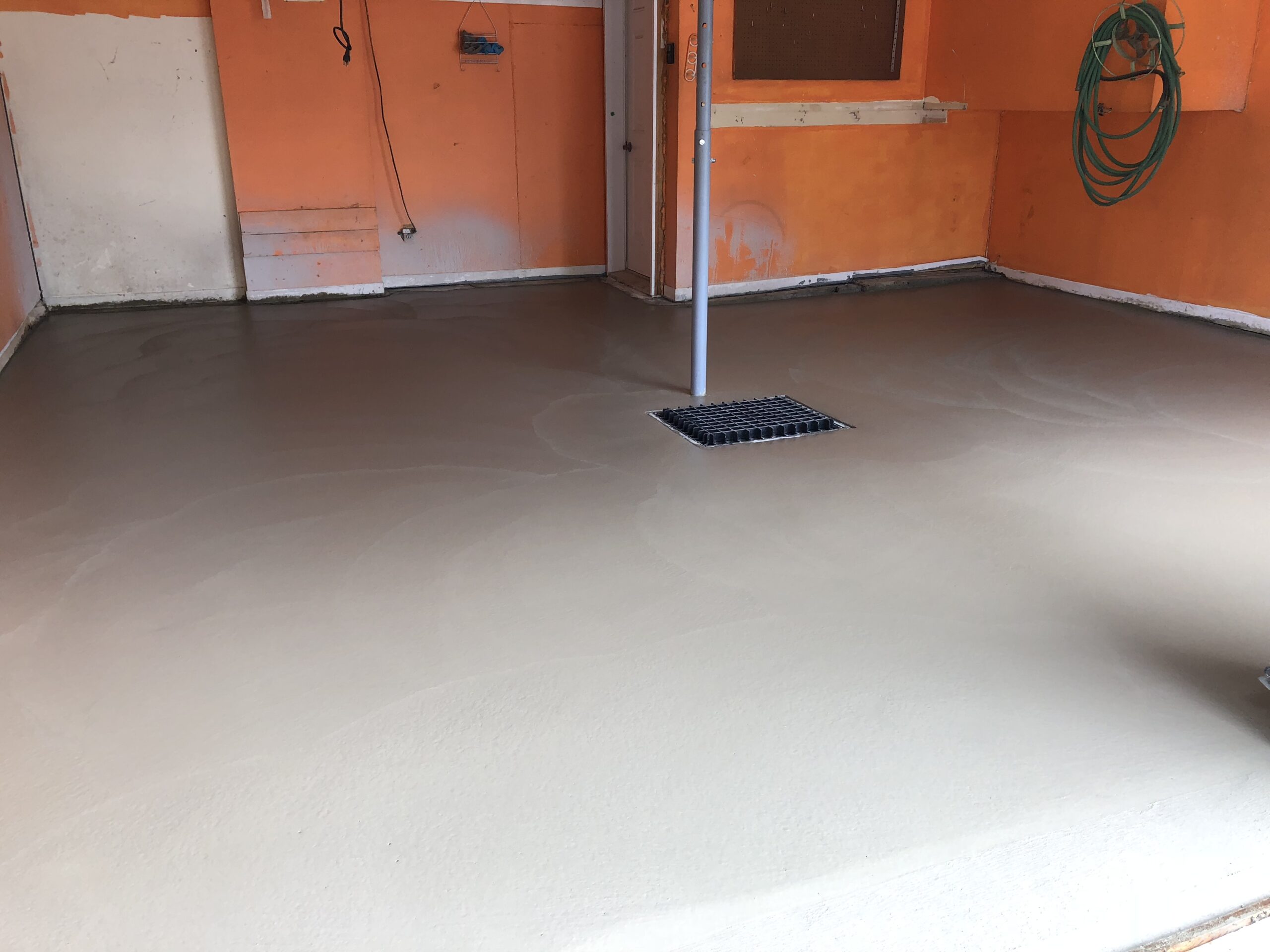Montreal Garage Floor Replacement Specialists
Garage Floor
Replacement
|
MiniPepine.com is an excavation company specializing in garage floor replacement and foundation repair. We are located in the West Island of Montreal and working in the surrounding areas. Cracked, wet garage floors or foundations? We have the solutions.

Garage Services
Garage Floor
Replacement & Repair
MiniPepine.com is an excavation company specializing in garage floor replacement and foundation repair. We are located in the West Island of Montreal and working in the surrounding areas. Cracked, wet garage floors or foundations? We have the solutions.

Garage Services
Garage Floor
Replacement & Repair
|
MiniPepine.com is an excavation company specializing in garage floor replacement and foundation repair. We are located in the West Island of Montreal and working in the surrounding areas. Cracked, wet garage floors or foundations? We have the solutions.

Garage floor problems? We have the solution for you.
Montreal Garage floors take a lot of abuse.
- Garage Floor Durability: Concrete garage floors support your heavy car, resist ice, dirt, road salt, gasoline, motor oil, antifreeze, and other contaminants.
- Freeze/Thaw Resistance: Since few garages are heated, they must tolerate the freeze and thaw cycle.
- Long-lasting Performance: A garage slab that has been carefully planned, installed, and cured will provide years of crack-free performance in any climate, even under the toughest conditions.
- The Importance of a Strong Base: Poorly compacted sub-base beneath the garage floor during construction can lead to future problems.
- Settling and Damage: Over time, soil settling or erosion may cause the concrete slab to crack, heave, and create drainage issues.
- Potential Issues: Gaps between the base and the concrete can lead to water pooling, poor drainage, increased humidity, and moisture buildup in the garage.
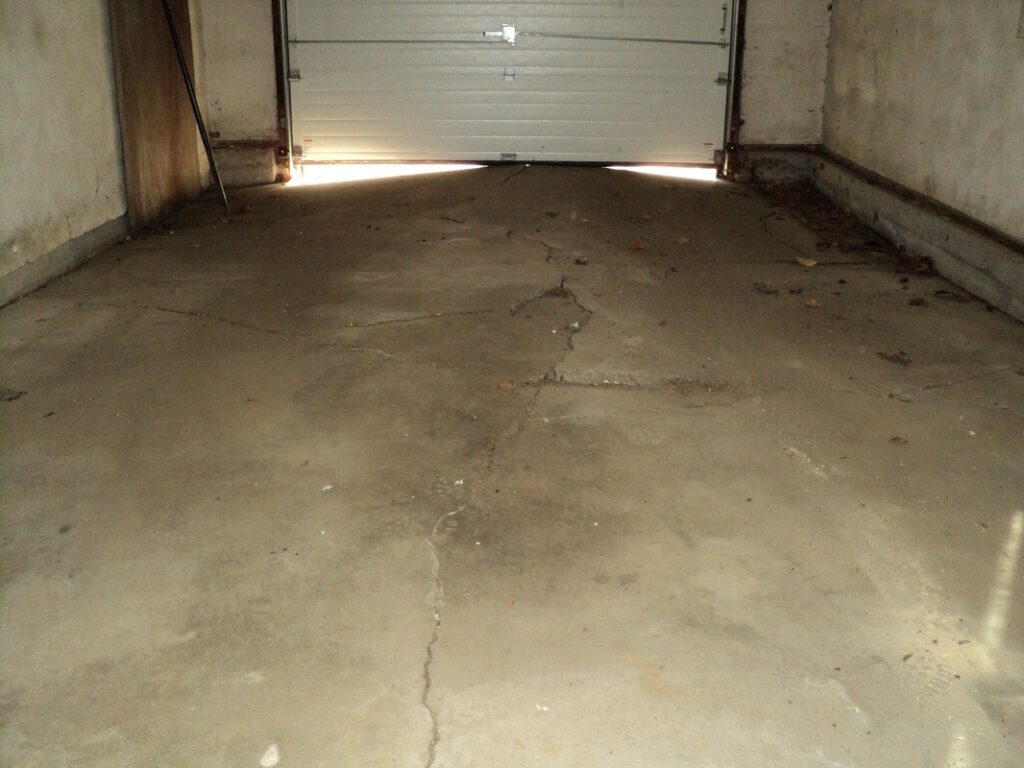
Garage floor problems?
We have the solution for you.
Garage floors take a lot of abuse.
Concrete garage floors support your heavy car, resist ice, dirt, road salt, gasoline, motor oil, antifreeze, and other contaminants. Since few garages are heated, they have to tolerate freeze/thaw conditions. But a garage slab that has been carefully planned, installed, and cured should have no trouble providing years of crack-free performance in any climate, even under the toughest conditions.
It is important to start with a good base. In most cases the soil under your garage floor was disturbed and not sufficiently compacted after the excavation for your home’s foundation.
Over time the ground settles, potentially causing the slab to crack and heave. Gaps between your base and concrete floor can also occur and cause poor drainage, water pooling, humidity and moister in your garage.


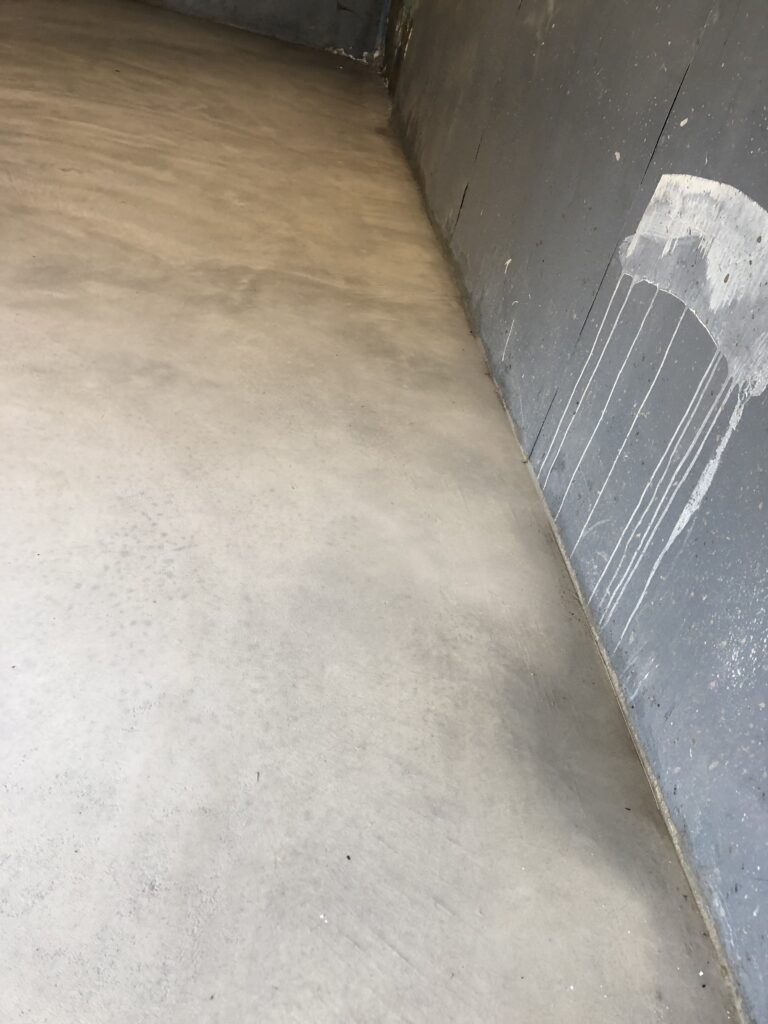
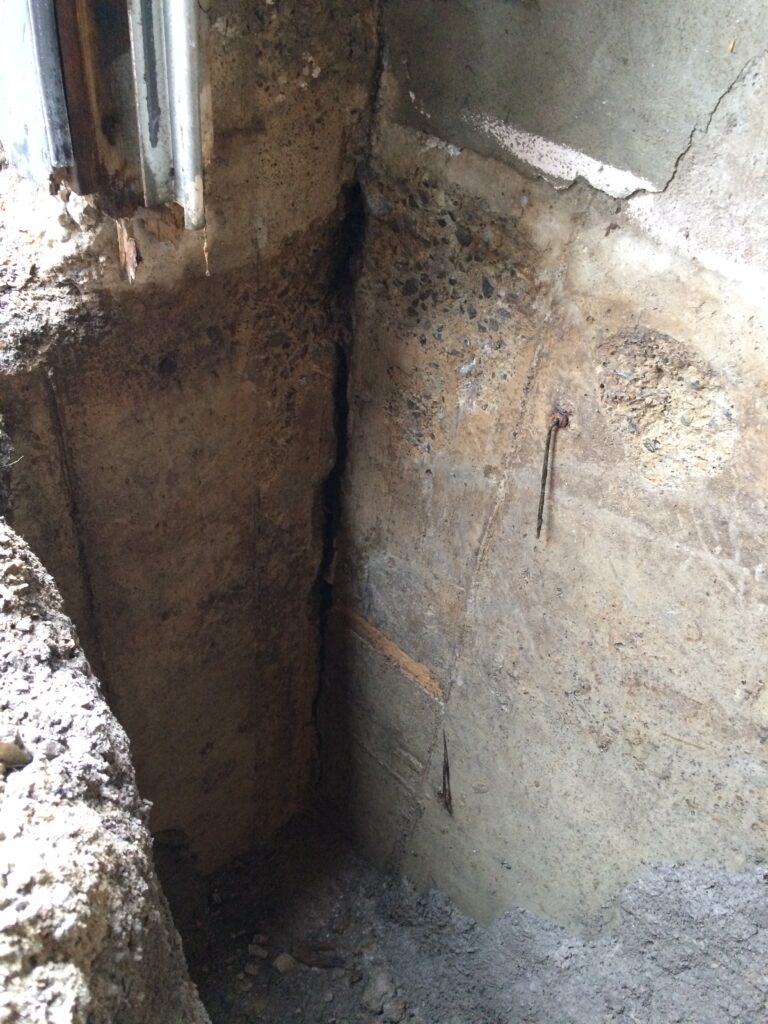
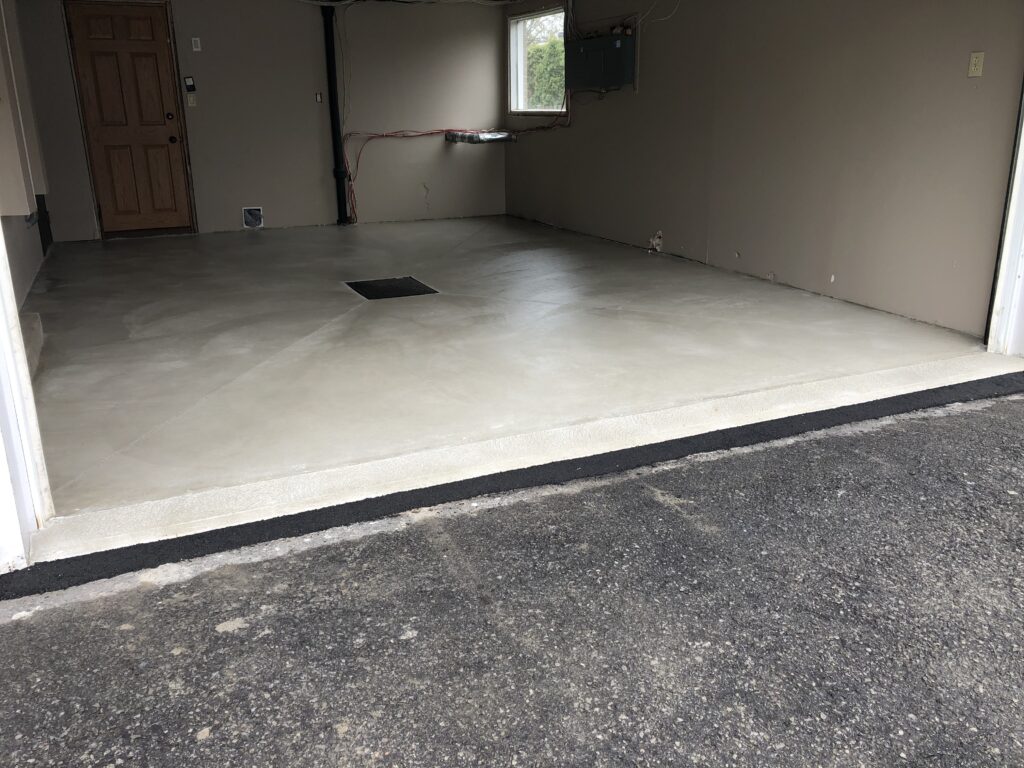
If your Garage Floor is experiencing the following symptoms......
- Cracked crumbling wet garage floors
- Shifting or dropping concrete slab
- Cold, moisture and humidity in your garage
These problems cannot be resolved with…
- Paint
- Epoxy finishes
- Cement patching
- Parging
- Self leveling cement
Garage floor issues can be caused by…
- Poor drainage
- Water infiltration from foundation cracks
- The freeze and thaw cycle
- Settling of the concrete or poor compaction
- Calcium or road salt deterioration
- Pyrite contamination
- Low grade or not reinforced concrete
Over time, these problems can lead to…
- Bigger and costlier repairs
Mold and moisture in your home
- Pest and insect infestation
- Health issues
Our process
Our concrete garage floor replacement process…

Protect access to work area to minimize debris.

Demolish, remove and dispose the existing concrete floor. Excavate to solid ground and remove existing fill for a total of approximately 12 inches

Prepare, laser level and machine compact the sub-base at 10000 lbs. of centrifugal force.

Geotextile membrane is installed to maximize compaction and drainage to keep the ¾ gravel backfill from sinking into the sub-base.

Back fill with clean ¾ DB certified gravel.

Install a new garage floor drain with cover, connected to the existing plumbing.

Install a 6-mil vapor barrier, sealed at the joints, to block the effects of moisture and humidity under the concrete slab.


Install 3/16 wire mesh to reinforce and add tensile strength to the concrete slab.

Pour 32mpa concrete

Laser level and screed the concrete with a slope towards the interior garage drain.

Machine finish the concrete. Using a power trowel, will flatten the concrete, bring the cement cream to the surface and then seal up the cream as it tightens. This is achieved by processes known as floating and finishing. Unlike, just by hand finishing, a power trowel will create a consistent, strong, durable and hard finish.

Cut expansion joints. Contraction or control joints are placed in concrete slabs to control random cracking.

Option: Apply Diamond Clear VOC Cure and Seal, which helps concrete repel water and gives surfaces a semi-gloss appearance.

Clean up of the work area
- Contact Minipepine.com Today!
Call us at
514-605-1361 or Request a Free Estimate Online!
Let us help you replace your old garage floor with a high-quality concrete surface built to last.
- Contact Minipepine.com Today!
Call us at
514-605-1361 or Request a Free Estimate Online!
Let us help you replace your old garage floor with a high-quality concrete surface built to last.
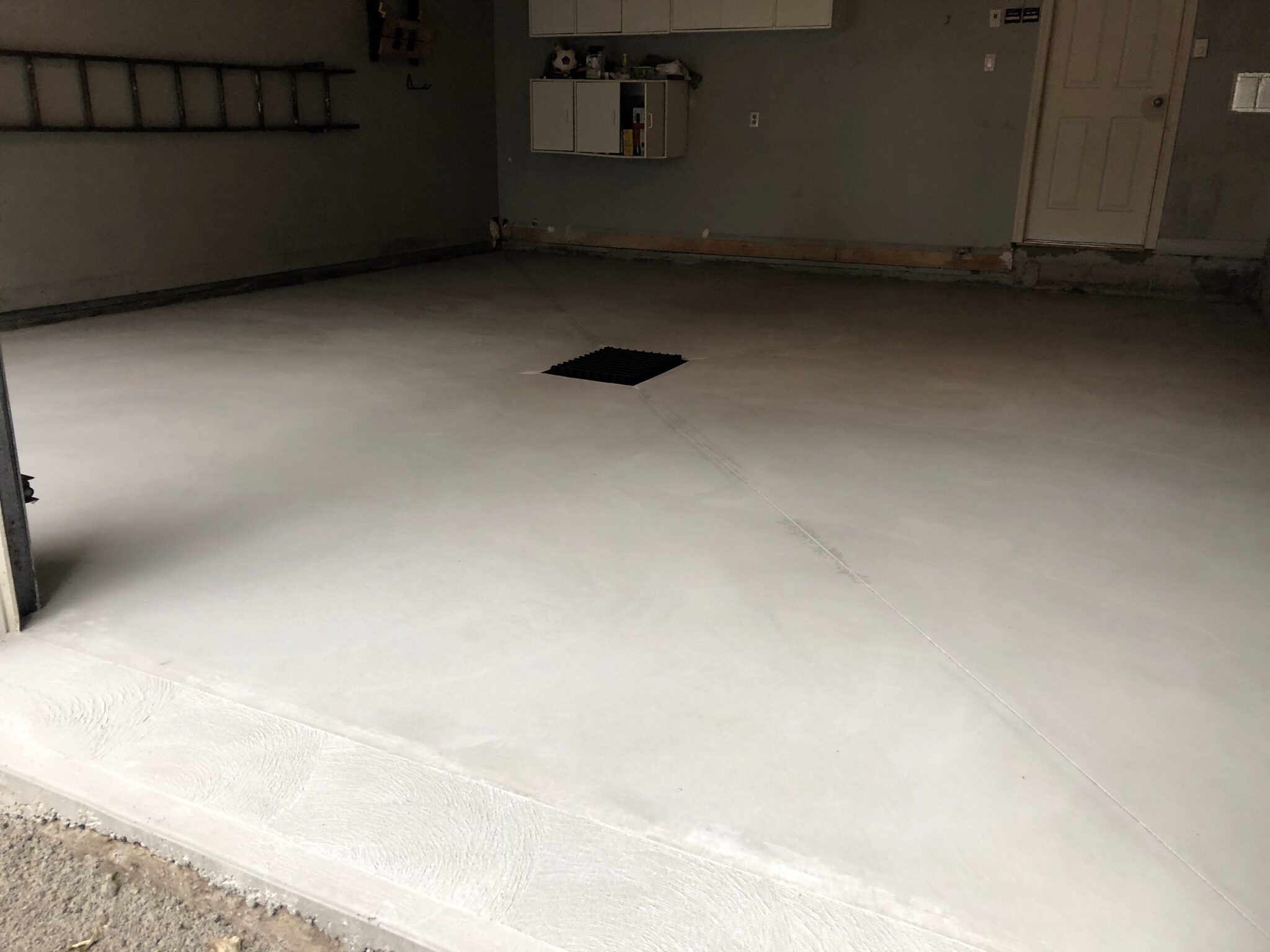
Why choose us?
Why Choose Minipepine.com for Your Garage Floor Replacement?
At Minipepine.com, we excel in providing safe, efficient, and effective concrete floor replacement services for residential, commercial, and industrial garages. Our skilled team employs advanced equipment and adheres to best practices in line with the National Building Code and Municipal By-Laws to guarantee a seamless process from inception to completion.
Experienced Professionals
With over 25 years of experience, Minipepine has established a reputation for excellence in garage floor replacement services in Montreal.
High-Quality Materials
Minipepine uses the industry's highest quality materials for your concrete projects and foundation repairs.
Custom Solutions
Minipepine offers you a range of concrete services that address all your needs, from the initial inspection, pyrite removal, replacement of your concrete slab, foundation repair, and resolving your drainage issues. Minipepine handles every step of the project.
Satisfaction Guaranteed
We stand behind our work with warranties and excellent customer service.
Upgrade Your
Garage Floor Today!
Don’t let a cracked or damaged garage floor compromise the safety and functionality of your space. With our professional concrete garage floor replacement services, you can enjoy a durable, attractive floor that adds value to your home.

Recent Work
Our garage floor replacement services are designed to restore the strength and appearance of your garage floor. Whether your floor has cracks, uneven surfaces, or signs of wear and tear, we provide expert solutions to ensure a durable and smooth finish. With years of experience in garage floor repair and replacement, we guarantee a seamless process, leaving your garage safe, functional, and visually appealing. Browse our gallery below to see the exceptional transformations we’ve delivered for our clients.
